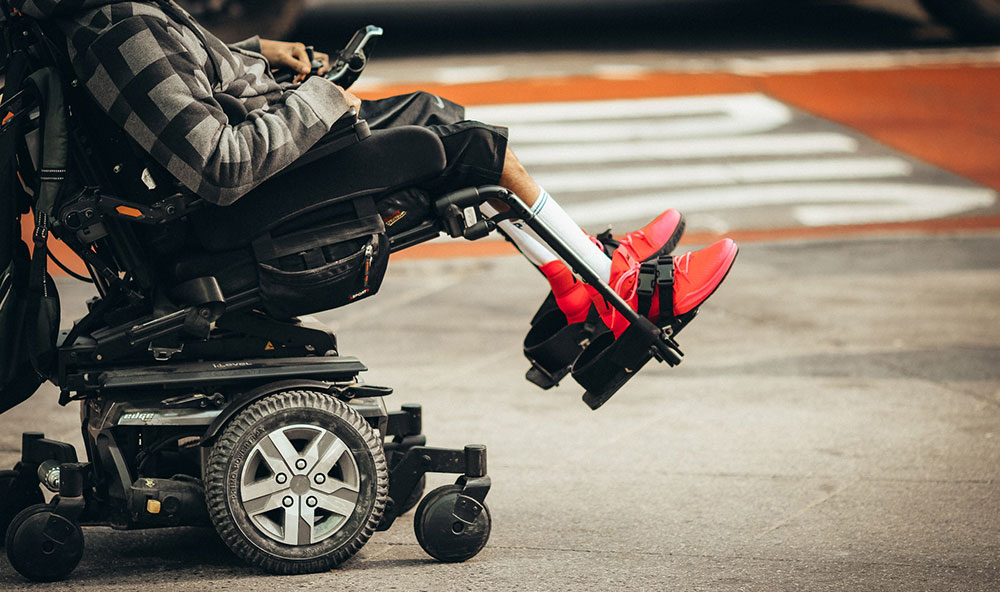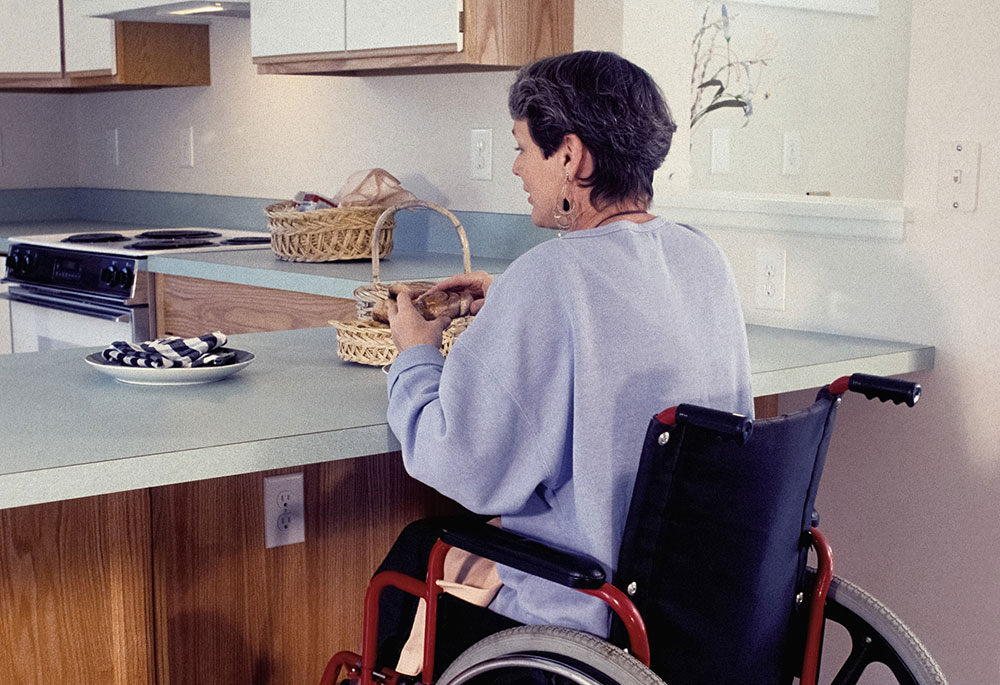
You may not know where to start when trying to find ADA compliant housing that will work for you or your family member. If finding handicap-accessible housing seems daunting, here is some information that will get you headed in the right direction.
To find ADA compliant housing, you can begin by searching for “accessible subsidized public housing” in Google. You could then look into local nonprofit, state, and federal government agencies that are available to assist you in finding housing. You could also search on apartment finder websites.
Creating a list of must-haves before you begin your search is a good place to start. Knowing what you are looking for will help as you begin to use the tools and look into programs that are available for the disabled. Being prepared and knowing what questions to ask as you begin speaking with potential landlords will streamline the process as you search for a place that will meet your specific needs.
Once you have a list of what you’re looking for and you have decided on a location where you would like to live, you have some options on where to look for housing. There are housing developments that are already set up for those with disabilities or you can look for a rental that comes close to fitting your needs. However, you will likely need to be open to renting a place that isn’t a perfect fit from the start. Don’t stress too much about the place not ticking off all your boxes on your list. It is typical to need to modify a rental so it is a safe and comfortable place for you or your family member to live. Fortunately, the Fair Housing Act and the Americans with Disabilities Act (ADA) are there to provide you protection from discrimination which should give you some confidence as you search for a suitable place to call home.
ADA Accommodations for Independent Living
When creating your list of necessary accommodations for safe independent living, some things to you might want to consider are:
- Accessible parking spaces, ramps, handrails, appropriate outdoor lighting,
- Widened thresholds, door jams, and hallways.
- Flat or low-rise thresholds. ADA compliant elevators
- Roll-in showers or safety bars in bathrooms
- Location of light switches and outlets. Lever style door handles.
If you start by looking into accessible subsidized housing, they typically have already made these modifications because they are specifically built to be handicap accessible so you will have less to fix.

How to Find Handicap Accessible Housing
You can start that search by looking into local non-profits, state, and federal government agencies to assist your search for ADA compliant housing. Try searching for local Public Housing Agencies (PHA) especially if you have applied for a Section 8 housing voucher, a Non-Elderly Disabled (NED) voucher, or some other form of support to assist with rent for low-income individuals.
Also, there are advocacy groups that can assist you on your hunt for housing such as Accessible Space Inc, or Volunteers Of America.
If you search for housing through apartment rental websites, many of them have specialized searches where you can narrow down potential homes that fit your criteria. Such as options to click for disability access. However, be aware that some modifications you may require may need to be done by the tenant and not the landlord if you look into what’s available to the public in the rental market.
When looking for a rental outside of the ones with long waiting lists for subsidized housing, be prepared to discuss with your potential landlord what your needs are. The Americans with Disabilities Act and the Fair Housing Act are there to protect you from discrimination. It would be helpful to know how the law works when searching for accessible housing. It is illegal to deny someone housing due to a disability. The landlord can’t ask about the nature of the disability or how the disability happened or if it will hinder the rent from getting paid on time.
You have the right to ask for reasonable modifications or accommodations. Asking for an elevator to be installed is not considered a reasonable accommodation but if there is an elevator in the building, it should be in good working order. You can request an accommodation verbally or in writing. It would be in your best interest to have it in writing to keep a reliable record of your requests.
Some reasonable requests that a landlord can potentially do for you are:
- Allowing service animals. In this case, you may need to supply a letter from a doctor or therapist explaining the disability and how the animal helps you cope.
- Having a designated parking spot for those with limited mobility or other needs.
- Removing doors or widening doors to facilitate accessibility between rooms and spaces.
- Flexibility with the housing application process or asking if the landlord can be flexible when the tenant relies on Supplemental Security Income (SSI) payments and there is a delay.
If you have faced discrimination, report it directly to the U.S. Department of Housing and Urban Development or call them at 1-800-669-9777. You can contact organizations such as the Special Needs Alliance if you need to find an attorney.
In Summary
Now you should have some ideas on where to start searching for ADA compliant housing. However, if you have any questions, please feel free to contact us at Syringa Property Management.